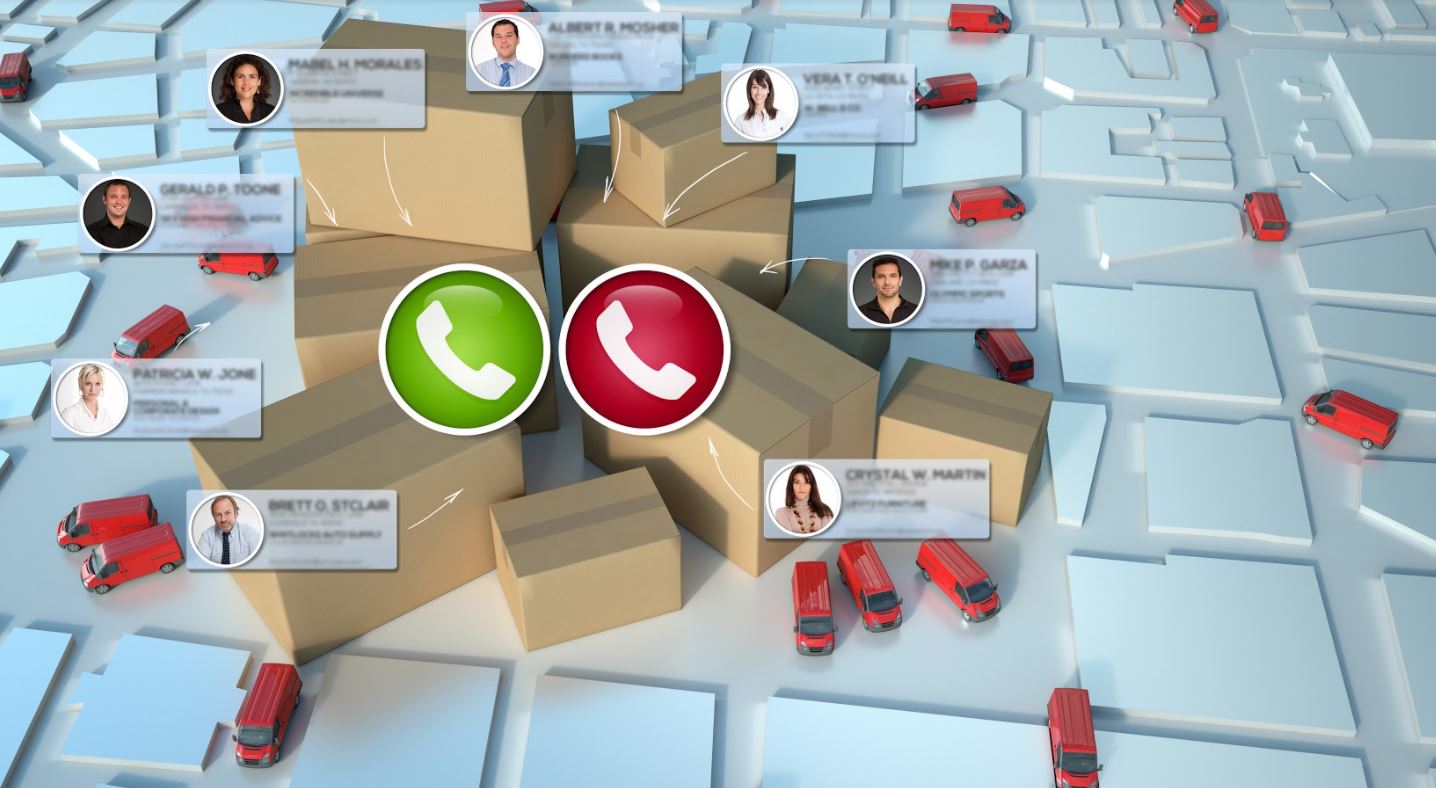Selling products and services have evolved through the years. From traditional face-to-face or physical contact to online selling, many things have been learned from the successes and failures of the past. Business owners—including suppliers, manufacturers, distributors, and retailers—continuously embrace new sales tools, strategies, and best practices to attain business goals more efficiently and effectively. Hence, remote selling came to existence, which is an innovative way to sell goods and services far different from enterprise sales.
Learn the difference between remote sales and enterprise sales by reading below.

What is Remote Selling?
Virtual selling or remote selling refers to a complex buying cycle wherein sales conversations between buyers and sellers occur in different physical locations. The impact of remote selling on enterprise sales must be recognized, wherein businesses can adopt both strategies to come up with the best sales outcomes. This topic will be further discussed below.
Here’s a quick guide on the key components of remote selling:
- Uses online platform to conduct sales
- Not methodology dependent
- No in-person interaction
- Requires the use of online or virtual selling techniques

What are Enterprise Sales?
When it comes to enterprise sales, it involves nurturing personal relationships. Enterprise selling heavily relies on the ability of a sales representative to close a deal through customized solutions.
Here’s a quick guide on the characteristics of enterprise sales:
- High investment
- High risk
- A long sales cycle (about six months and above)
- Complex
- Many stakeholders
Differences between Remote Selling and Enterprise Sales
Enterprise sales and remote selling have their own advantages and disadvantages. But one important thing you have to learn is that you’re not confined to implementing just one of them. It is possible to combine the two strategies and attain your sales goals with flying colors.
One big difference between remote sales and enterprise sales is the location. Remote selling can obviously take place in several locations, reaching more customers even in different time zones. On the other hand, enterprise sales tend to be in-store sales done in one location in the same time zone.
So, what else makes these two sales strategies different? Here are the things that makes enterprise sales different from remote selling:
-
Technology
Remote selling entirely relies on the use of technology. Since the sale is done remotely, sellers and buyers need to have an internet-capable device and reliable internet connection. While enterprise sales may use software programs for inventory, order, employee, and sales management, a sale can still push through even if the systems are down since enterprise selling involves in-sales or face-to-face interaction between prospects and sales teams. On the other hand, remote selling won’t take place if technology is compromised.
-
Relationship and Revenue Deals
In enterprise sales, sales teams aim to establish long-term relationships with clients and partners in order to be able to close high-revenue deals. It involves months of establishing nurturing, long-term relationships using long and complex sales strategies.
Remote sales, on the other hand, may also include strategies to nurture long-term relationships, such as email marketing and social media marketing—however, remote sales primarily aim to close repeated sales in shorter sales cycles. This means that remote selling is driven more by sales and marketing than by relationships.
-
Communication
Remote selling involves shorter sales cycles with limited verbal interaction with prospects, such as live online selling and eCommerce. Most often than not, communication through remote sales is confined with chat and email support using mobile or web-based contact forms.
With enterprise sales, communication between sales reps and prospects may take months, which results in establishing larger-scale corporate solutions.
-
Complexity
Enterprise sales involves higher investment than remote sales, which also comes with higher risks. Sales teams should strike a balance between customers’ needs and demands and the needs of the company to come up with a custom large-scale solution.
-
Best Practices
Enterprise sales best practices include adopting and using both proven traditional and innovative sales and marketing strategies. The discovery stage involves a more complex assessment of what the prospect needs and wants, such as asking their expectations and pain points and talking about them in detail.
Remote selling best practices include the following:
- Technology Preparedness: This includes checking your wireless router or internet connection and removing unnecessary devices connected to ensure reliable internet connection.
- Visual Cues: Eye contact, body language, background, outfit, and other visual cues must be professional-looking, even if your remote selling is done at home and not in the office.
- Remote Sales Coaching: Remote sales coaching software can help you with practicing your sales pitches and handling customer objections without necessarily paying a hefty amount of money on actual sales training.
Conclusion
As you can see, enterprise sales are more complex than remote sales. While remote selling is more of an ‘on-the-go’ sales strategy using virtual tools, it is an effective way to close more low-value deals. Enterprise sales aim to establish long-term and nurturing relationships in order to close high-value deals and promote stronger and more solid customer loyalty.
Of course, one major difference is the sales location. Remote selling can be performed in multiple locations in different time zones, whereas enterprise sales are confined to one location in the same time zone.

